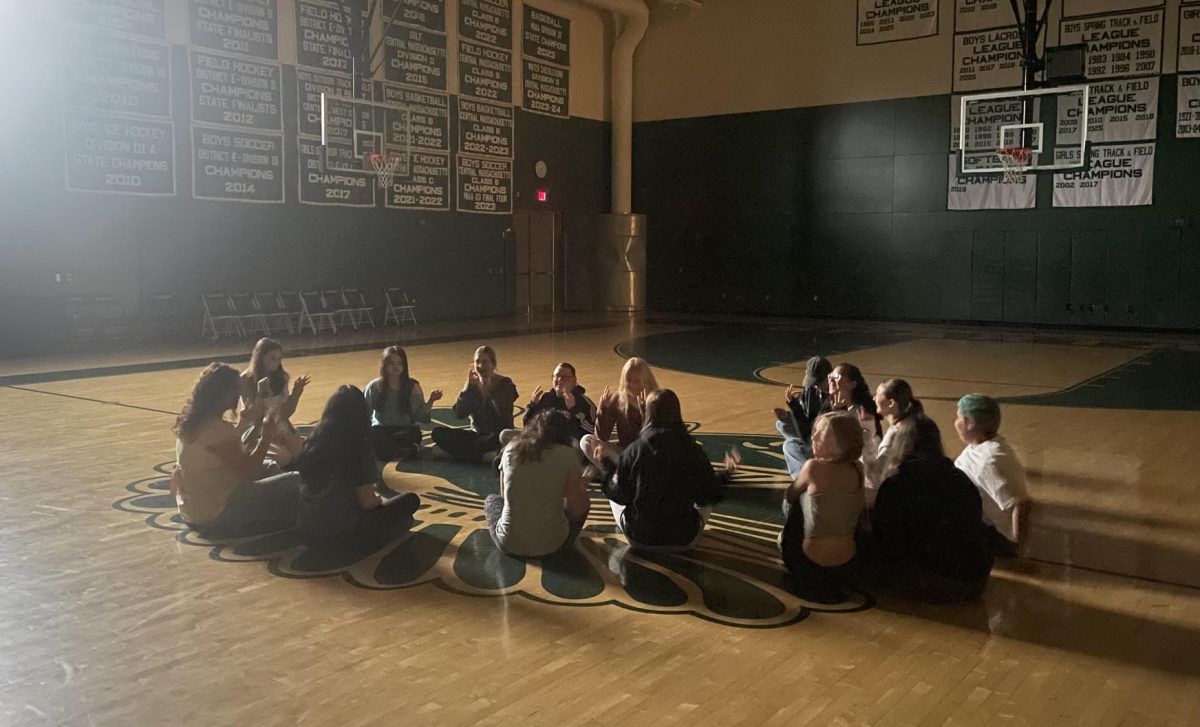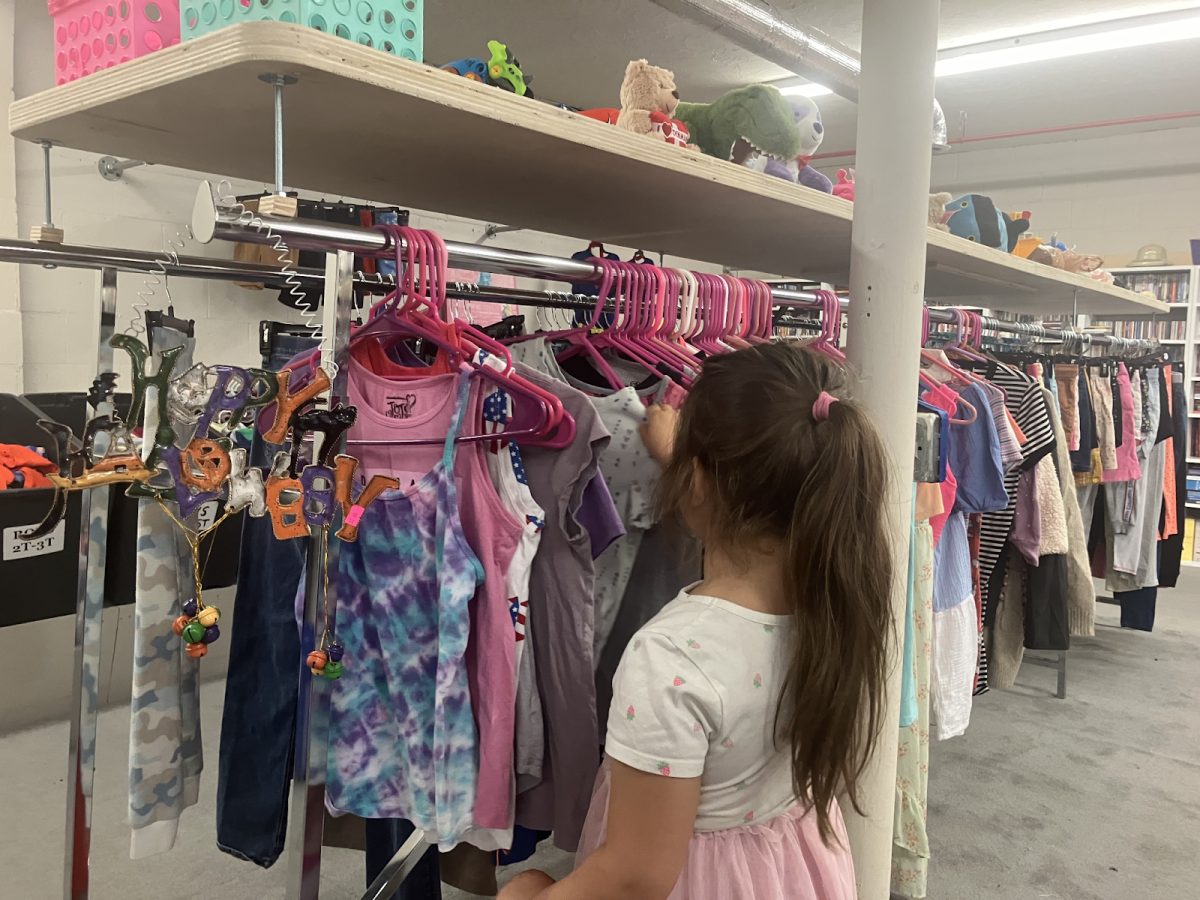The word diet culture has a simple definition: the social norm. Society tends to fit into what’s in, clothing, hair color, music taste, and even body appearance. Dieting sometimes seems like an easier way to get that “beach-ready body.” Although that is true, 95% of dieters gain weight 2 years after their diets. The common misconception about diet culture is that it is all bad, but what made it get to that point?
What Is Diet Culture?
What is diet culture? Dietitian and author Chrissy Harrison from UVAtoday describes diet culture as “A system of beliefs that worships thinness, equates it to moral health and virtue to moral health, and a culture that promotes weight loss as a means of attaining increased status in society.”
All over the world, people struggle with their body appearance. No matter what shape or size, there is always an insecurity wrapped around someone’s brain. The fuel to the fire of dieting is social media influences.
According to Eating Recovering Center, 46% of teens, ages 13-17, feel worse about themselves due to social media. This includes influencers, edited photos and videos, and fake diets.
How Does Dieting Affect Healthy Food Relationships?
Does dieting promote a healthy relationship with food? Health and Fitness teacher Mrs. Leanne Roy says, “It would depend again on the goal of the individual. Any time you are not practicing moderation or have unhealthy thoughts about your body, there is an issue! You should love yourself no matter what and figure out what is healthiest to fuel your machine.”
Around the world, 35% of people who start diets end up being obsessed, which then can lead to eating disorders and or poor body image.
Bad habits that can lead to an unhealthy relationship with eating can be labeling foods as “good or bad,” counting calories, or restricting yourself from eating. A common misconception is that carbs are the reason you are gaining weight.
Oakmont’s health teacher, Mrs. Jennifer Groncki, talks about diet culture and explains, “Labeling food as ‘good’ or ‘bad’ sets us up for an unhealthy relationship with food. All foods are ok, and some are more important for getting your essential nutrients. We should be concentrating on ‘fueling our bodies’ for them to work properly.”
Beyond The Food
Although food plays a big part in diet culture, medicine is another big factor. Medicines such as Ozempic, Wegovy, and Mounjaro are very popular for people looking to lose lots of weight quickly.
These medications are used to block out food noise, which is the part of the brain that alerts you when you are hungry. While taking weight loss medications, you can have side effects of nausea, weight loss, vomiting, and fatigue.
Although dieting and weight loss medications are effective, it doesn’t mean they are good for your body’s health.
The Importance Of Health
Dieting doesn’t always have to be unhealthy. Being on a diet doesn’t mean not enjoying your favorite foods or having a sweet treat once in a while. It’s about moderation. The main purpose of a diet is to be effective, not suffocating.
Roy says, “The healthier relationship you have with your body, the healthier you will want to be. Learn to love yourself and you will see a healthier relationship with food and the world around you.”
Even though most diets focus on a healthier lifestyle, it doesn’t mean you have to cut out all “unhealthy” foods.
A way to have a balanced diet/routine is to eat 3 well-balanced meals, healthy snacks in between, and finish the day off with your favorite sweet treat.

















Lucy Davieau • Sep 18, 2025 at 1:46 pm
Love it!